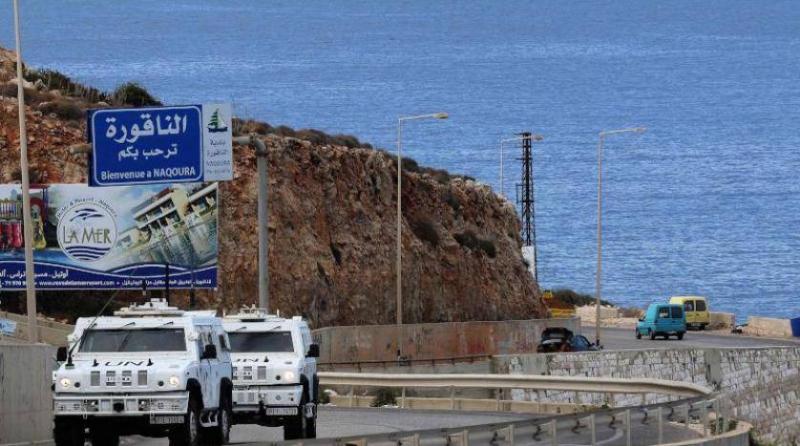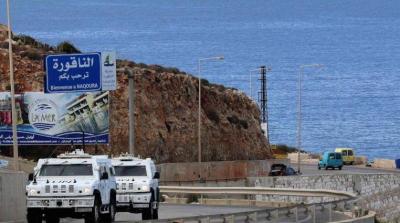The issue of maritime border demarcation remains stagnant on the Lebanese side, while exploration is gradually shifting from theoretical to practical on the Israeli side, with daily developments recorded in this direction. Coinciding with the imminent arrival of the production vessel "FPSO" belonging to the Greek company "Energean" to the occupied Palestinian waters in a few days, and the company's recent announcement of a new gas discovery (Athena field) containing commercially viable amounts of gas adjacent to the Karish field, the French newspaper "Les Echos" reported recently that Energean's CEO in Israel, Shaul Zimach, stated that the company "received guarantees that the entirety of Karish is located within Israel's exclusive economic zone."
Furthermore, the enemy's Minister of Energy, Karen Elharar, announced yesterday the launch of a new licensing round without specifying which gas fields would be included, leaving the door open for a new round of tension in the gas issue between Lebanon and Tel Aviv.
Internally, nearly ten days ago, President Michel Aoun expressed his hope that the American mediator Amos Hochstein would resume his efforts to demarcate the southern maritime borders during a reception at Baabda Palace for the new commander of the U.S. Central Command, General Michael Kurilla, on the occasion of assuming his responsibilities and his tour of countries within his mission, in the presence of the American ambassador in Beirut, Dorothy Shea, according to a statement from the Lebanese presidency. Aoun expressed "his appreciation for the efforts made by the American mediator Amos Hochstein to reach a solution regarding demarcation, wishing that he would resume his efforts, especially after the parliamentary elections have been completed." During the meeting, "Ambassador Shea spoke about the importance of resuming negotiations for the demarcation of the southern maritime borders." However, no new developments have emerged on this front for months.
Based on these facts, diplomatic sources warn through "Al-Markaziya" that if this file does not return to the forefront of official Lebanese interest, Lebanon's oil and gas wealth will be at risk. They add: There is no solution except with the revival of American mediation; the "military" intervention threatened by the resistance elements is not an option, and the threat from Hezbollah to respond to any Israeli transgression of the borders and Lebanese fields is not a consensus within Lebanon, as it could drag Lebanon into a conflict whose starting point we know, but not how it will end.
So far, the issue seems to be shelved and is being followed through some side communications in the background. Last week, the Director General of General Security, Major General Abbas Ibrahim, discussed the file in Washington with several American officials. Under the pressure of time on one hand and the arrival of the Energean vessel to Israeli waters on the other, the Lebanese state and the ruling figures, namely the President of the Republic and the speakers of Parliament, Nabih Berri, and the caretaker Prime Minister, Najib Mikati, must make a decisive decision. Their options have become limited: either they make some concessions to gain the gas and oil "wealth" that the collapsed Lebanon desperately needs, even if not complete, or they watch Tel Aviv siphon off our oil and future. In this case, they might also watch Hezbollah open a new war under the pretext of "preserving rights," which would push the faltering Lebanese economy back decades.




